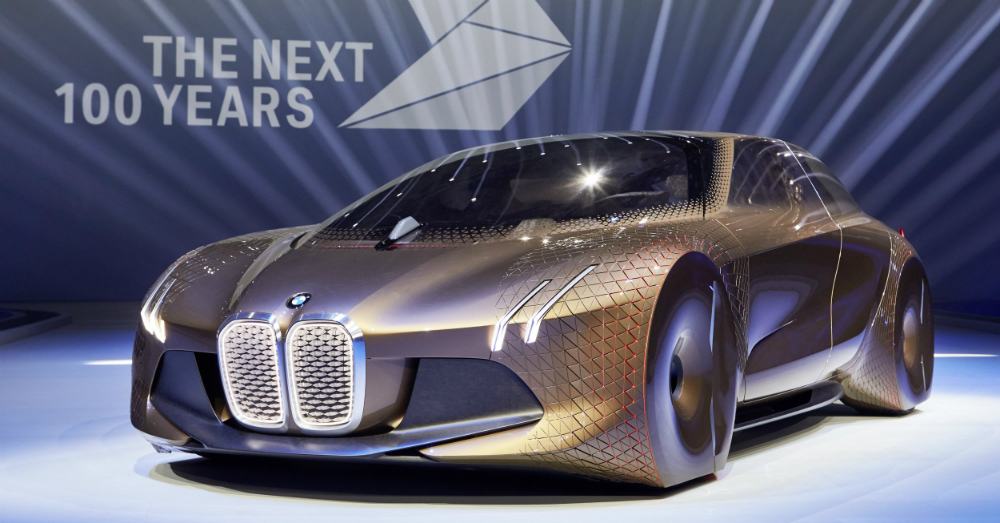Focus
We’ve seen the electric models from BMW; they come in funky shapes, futuristic appearances and have an “i” at the front of their name. You could almost mistake them for vehicle built by Apple except for the fact that Apple doesn’t make cars (yet) and there are BMW badges all over these vehicles. While the two models we currently know and love enjoy our attention, BMW would like to expand their market of these vehicles in order to provide us with a line of great electric models that will be perfect for the drive no matter where you’re going.
The expansion and increase they are looking at is to bring the sales volume of the plug-in hybrids and EV models to at least 100,000 by next year. This is a number that took three years to reach since the launch of the i sub brand by BMW. Even though it seems like a small number of vehicles off this brand, the i brand won’t be going anywhere, instead, it will continue to receive the research and technology improvements needed to be the brand we need it to be in order to provide the increase support and sales from BMW.
Why would an automotive giant like BMW want to continue forward with what seems like an under-performing sub brand of their company? The technology that comes out of the i-brand is then shared with the rest of the BMW lineup to bring us more plug-in and hybrid cars to drive. Right now we have one EV in the i3, and six plug-in hybrids that all have combustion engines in them. The lineup is expected to expand with an EV MINI in 2018 and then an EV BMW X3 in 2020 to give us more to love with better efficiency than ever before.
Other changes in the works are to add a convertible i8, a plug-in hybrid MINI Countryman, the iNEXT flagship which will come in 2021, and the Vision Next 100 self-driving concept that will eventually be coming to the market, but no date has been set yet. the iNext and Vision Next 100 were both displayed in March of this year for us to see these vehicles as ones that could be part of the future of BMW. The company feels the i-brand is well worth the investment and will continue to put money into the research being done under this brand.
In addition to the growth of the plug-in hybrid and EV lineup, BMW is adding a new R&D center for autonomous driving. The addition of such a center raises a question because BMW is advertised as the company with the sheer driving pleasure motto. Can autonomous driving be part of the sheer driving experience? The BMW team thinks so and has stated their vehicle will always be built with the option for drivers to be able to drive themselves or to choose to be driven wherever they need to go.
Similar to other manufacturers, BMW is also developing their own modular architecture to allow the platform they use to be perfect for EV, plug-in hybrids, gasoline or diesel engines to work well. This allows them the flexibility they will need to respond to the market that appears to be changing on a regular basis. As the infrastructure for charging EV models increases, so will the demand, which can also be said of hydrogen fuel cell vehicles, which are even further behind. BMW’s interest in the FCV models is a cooperation with Toyota to develop them and help them come to the market.
It seems BMW is on the right path and we may see more new vehicles from them as the autonomous R&D center begins to get to work bringing us vehicles that are closer and closer to driving themselves. These are important changes for BMW to embrace in order to continue to be the ultimate driving vehicles for us to admire and enjoy. Hopefully they will hit some of their goals and it will only grow from there as we already enjoy the i3 and i8 along with the plug-in hybrid models that BMW has to offer us.
This post may contain affiliate links. Meaning a commission is given should you decide to make a purchase through these links, at no cost to you. All products shown are researched and tested to give an accurate review for you.
